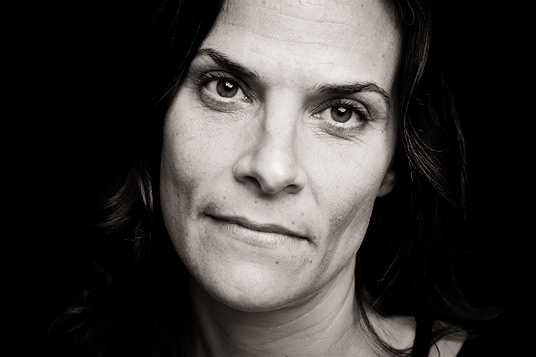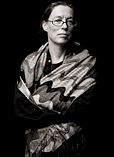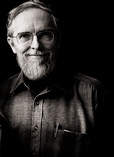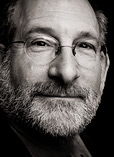
Sacha Vignieri
I am a naturalist
THEMES: Challenges & Opportunities, Science & Research | WORKSHOP: Synthesis
Biography
Sacha Vignieri
Sacha developed a love of nature growing up near the Rocky Mountains. Chasing insects and exploring with her dogs led to an interest in animal behavior, which she pursued during her undergraduate years at UC Berkeley. A desire for more experiential knowledge led to post-graduate work on a variety of species, from fruit bats in Samoa to fur seals in the Arctic. During this time she became curious about ecological interactions among individuals, and between individuals and their environment. This led her to a PhD in Zoology from the University of Washington, where she received an EPA STAR fellowship and chased Pacific jumping mice. An interest in better understanding the role of selection in organism-environment interactions pointed her towards post-doctoral research (with a UC Presidential Fellowship at UC San Diego and an Agassiz Fellowship at Harvard) on coat-color adaptation in Florida beach mice. A realization that appreciation for nature, and natural science, were declining rapidly, led her to look for ways she could reach both the larger scientific community and the general public. Sacha is now an associate editor at the journal Science. She often misses chasing mice, but feels the ability to increase the visibility of work conducted on natural systems is worth the sacrifice (most of the time).Conversations:
Workshops:
Transcript
Fundamentally, I'm a naturalist. I love creatures. That's really at the heart of everything that I do. I love them as individuals, like I love to hold a mouse and look it in the eye; it's just magical to me. And I love being out in the wilderness.
I remember when I was after undergrad and I was out, I don't remember where I was, hiking in Samoa or something, and I remember having this epiphany: This is it. This is life. This is what makes me the happiest. And then, you know, careers come along and they get in the way. You have to do the right kind of science and this and that, and you have to do this exciting stuff in order to get this publication in order to get this job.
So you get this idea as a biologist, as a natural scientist, that it's not okay to be a natural historian, that there has to be some other thing. And it's just so nice to be here among successful people who say, "It is okay to be a natural historian. In fact we need to be natural historians and we need to show the rest of the world that it's relevant and it's important."


